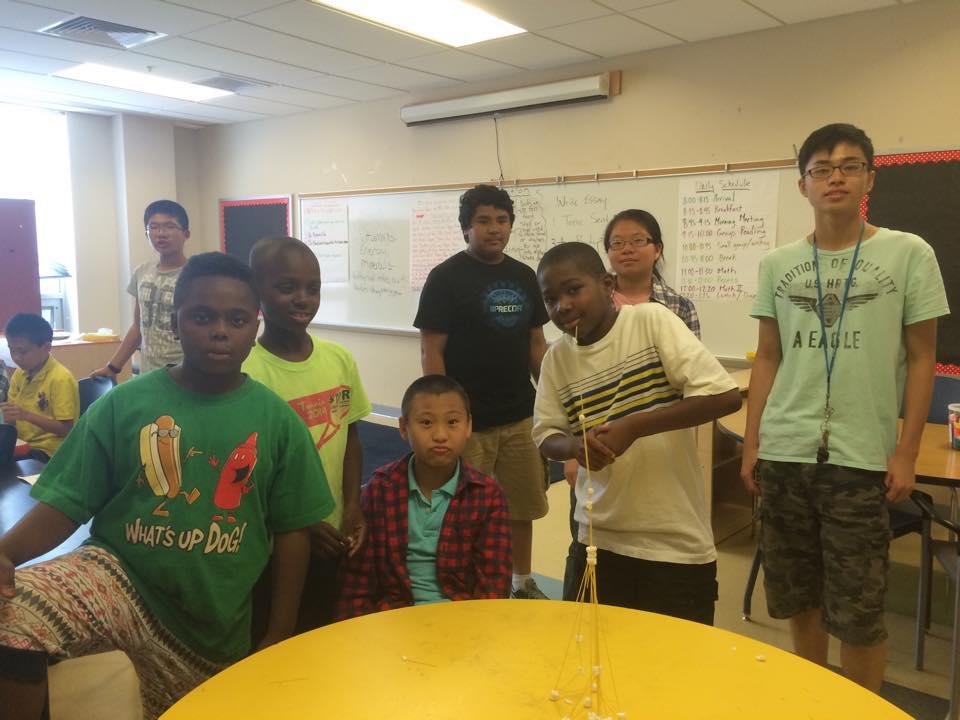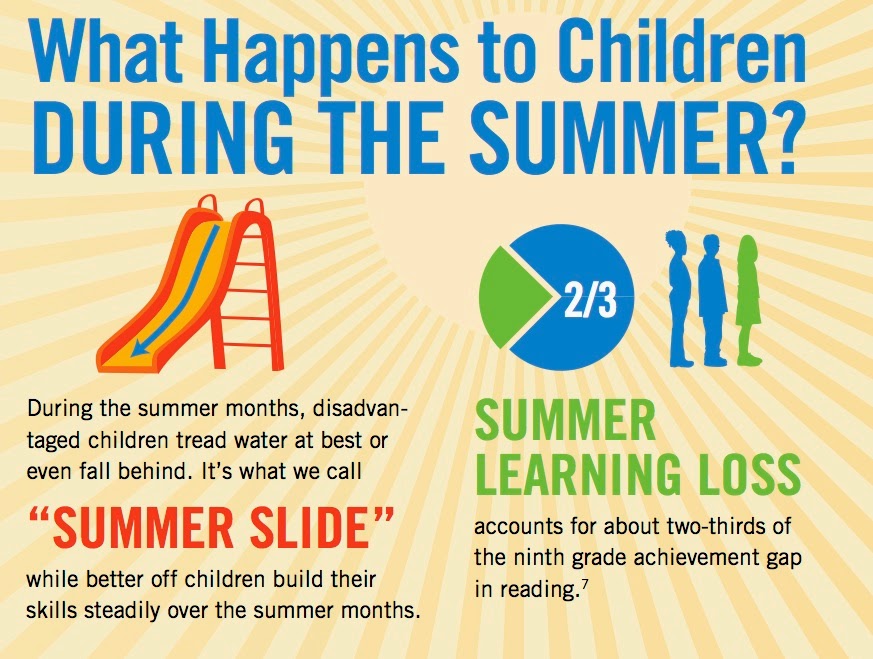This blog post was written by a District of Columbia youth, Ellen, who has been an active participant with Asian American LEAD for over ten years. Asian American LEAD (AALEAD) is a regional non-profit organization that supports low-income and under-served Asian Pacific American youth with educational empowerment, identity development and leadership opportunities through after school, summer, and mentoring programs. Ellen is a rising 10th grade student at School Without Walls High School in Washington, D.C.
I personally think this summer program has been a great advantage for the younger youth in AALEAD because although I had experience with high school youth and their workshops, they didn’t cover the topic of transition from elementary school to middle school. As the oldest sibling in my family of three children, I wish I had people who went through the experience before me who could tell me what to expect. Since I wasn’t able to get this knowledge when I was transitioning from elementary school, I wanted to give back to those after me so that they could have this type of benefit.
 Not only was this summer program a great benefit for the elementary school youth, I also gained something from the experiences that I had leading workshops. I gained memories with the youth that will last a lifetime, and I have also improved upon my leadership skills. Before this summer, I was the quiet and reserved person who was always sitting in the darkest corner of the room and never eager to get out of my own comfort zone. However after this summer, I was able to find leadership skills in me that I never thought I had. Now, I am more open and comfortable talking to people I just met.
Not only was this summer program a great benefit for the elementary school youth, I also gained something from the experiences that I had leading workshops. I gained memories with the youth that will last a lifetime, and I have also improved upon my leadership skills. Before this summer, I was the quiet and reserved person who was always sitting in the darkest corner of the room and never eager to get out of my own comfort zone. However after this summer, I was able to find leadership skills in me that I never thought I had. Now, I am more open and comfortable talking to people I just met.
In addition to helping younger youth this summer, the AALEAD program introduced me to resumes, cover letters, and elevator speeches. My high school peers and I also did career exploration which led us to explore different careers in the field of STEM (Science, Technology, Engineering, and Mathematics). We focused on arts & technology, service & technology, and entrepreneurship & technology during our program. This allowed me to visit many different places like Union Kitchen, Torpedo Factory, and Verizon to learn about career experiences and what a work place is like. I have learned many things this summer from how to develop an effective presentation and how to how to write a resume.
If AALEAD didn’t have a summer program like this I wouldn’t have done anything with my summer. Memories would not be created for me, and I would not have gained anything from sitting at home and spending time on my electronic devices. I am grateful for the experience of having been a part of the AALEAD summer program as not only a participant and an employee, but also as a leader.
In addition to helping younger youth this summer, the AALEAD program introduced me to resumes, cover letters, and elevator speeches. My high school peers and I also did career exploration which led us to explore different careers in the field of STEM (Science, Technology, Engineering, and Mathematics). We focused on arts & technology, service & technology, and entrepreneurship & technology during our program. This allowed me to visit many different places like Union Kitchen, Torpedo Factory, and Verizon to learn about career experiences and what a work place is like. I have learned many things this summer from how to develop an effective presentation and how to how to write a resume.
If AALEAD didn’t have a summer program like this I wouldn’t have done anything with my summer. Memories would not be created for me, and I would not have gained anything from sitting at home and spending time on my electronic devices. I am grateful for the experience of having been a part of the AALEAD summer program as not only a participant and an employee, but also as a leader.
DCAYA would like to thank Ellen for sharing her experience with AALEAD. If you'd like to learn more about the services and supports provided by AALEAD be sure to visit their homepage today!




.jpg)





